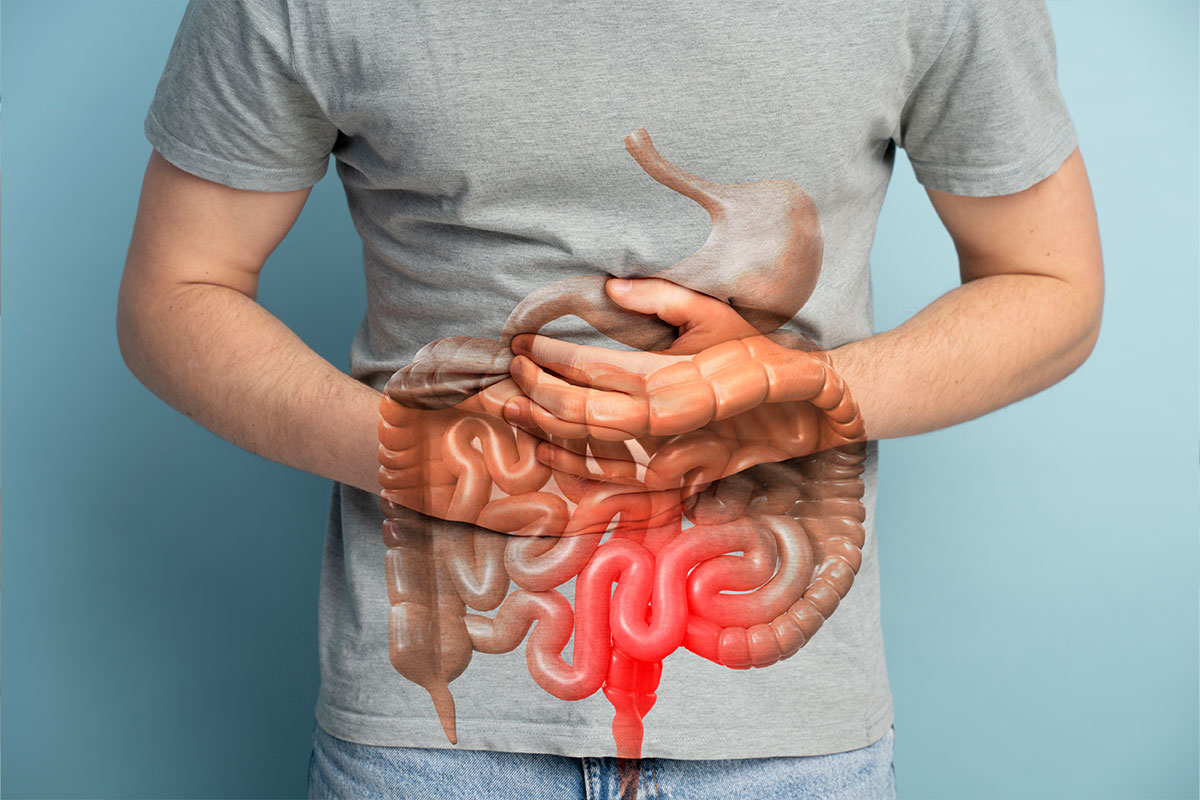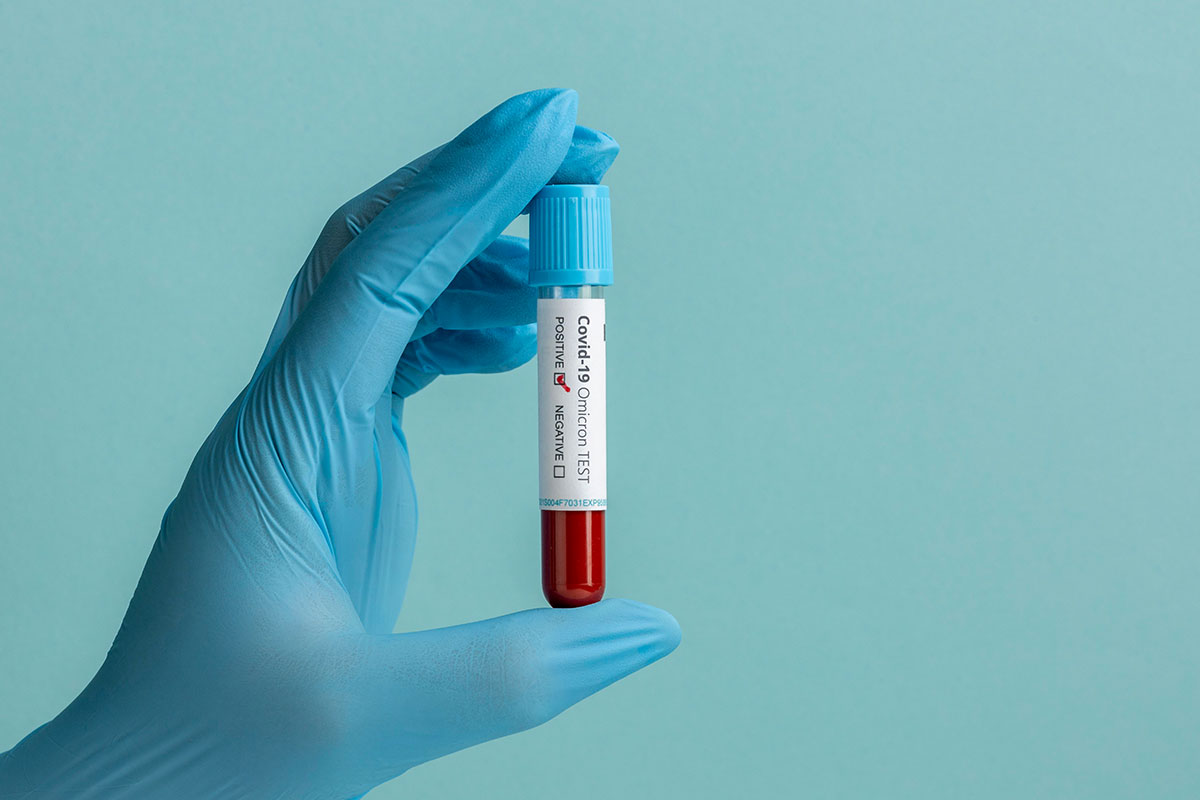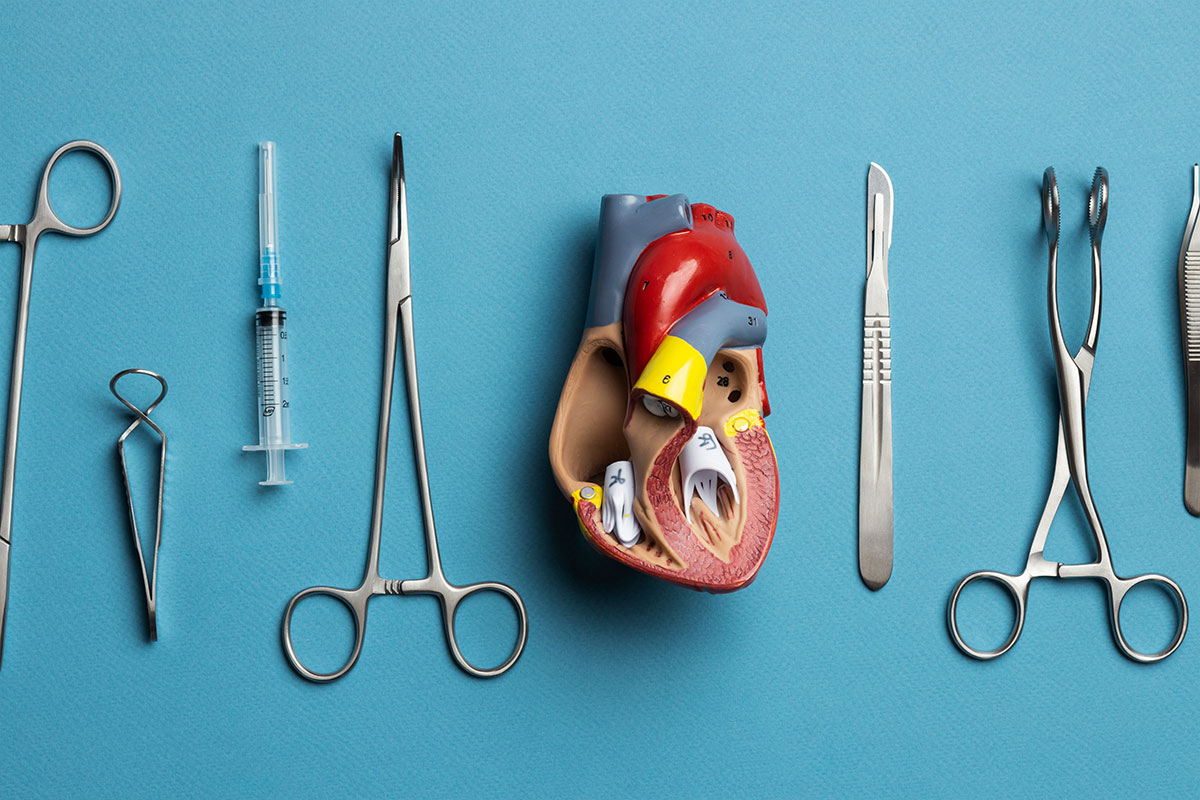
Top Reasons You May Be at Risk for Liver Diseases
By Dr. Ankur Garg in Liver Transplant Gastroenterology
Mar 20, 2023
Second-largest organ in the human body is the liver. It is roughly the size of a football and present in the right side of your body, just behind your ribs. The liver is important for digestion, removing toxins from the body, helping in blood clotting, and many more functions vital for life. As useful nutrients and other harmful substances pass through your digestive tract, the liver functions to separate them. It also synthesizes bile, a chemical that removes toxins from the body and facilitates digestion.
The terminology “liver disease” refers to any of the various disorders that can affect and harm your liver. Liver disease can be hereditary (genetic), or infective (viruses like hepatitis A, B, C), alcohol abuse, obesity, uncontrolled diabetes, cancers etc. Cirrhosis develops as a result of continued liver damage over a long time. This eventually leads to the cirrhotic liver not able to meet body requirements, if it is not treated on time this leads to complications.
The following are the main causes of liver disease to watch out for:
- Exposure to Toxins – Liver removes toxins from the blood, however too much exposure to toxins can lead to liver damage. Consuming certain medications on your own without doctors’ prescriptions can often lead to liver damage. Toxin in the form of untested medicines, diet supplements and concoctions can lead to liver damage and failure.
- To be certain you’re not consuming pesticides, wash and clean fruits and vegetables before eating them, and read the warnings on any household chemicals you use.
- Excessive Alcohol Consumption – Chronic or even intermittent excessive consumption of alcoholic beverages gives rise to alcoholic fatty liver, which leads to liver swelling, eventually scarring (cirrhosis), and even liver cancer. Your liver can be irreparably damaged by the time you start to experience symptoms. The problem could be reversed if timely addressed before the stage of cirrhosis.
- Infections – Viral infections can affect the liver, producing inflammation and damaging liver tissues which negatively affects liver function. Common viruses causing liver infection are, Hepatitis A, Hepatitis B & Hepatitis C. Hepatitis B & C are blood-borne and spread by Blood transfusions, contact with body fluids, or unprotected sexual contact with an infected individual. Hepatitis A virus is spread by consumption of contaminated food/water.
- Diabetes, High Cholesterol, and Obesity – These illnesses alter the metabolism in the body and can result in non-alcoholic fatty liver disease, leading to cirrhosis and liver cancer. Currently NASH is the leading cause of liver damage across the world. By reducing simple carbs like sugar and increasing your intake of fruits, vegetables, and protein, you can reverse it at the “fatty” stage, much like you can with alcoholic fatty liver.
- Autoimmune disorder – Diseases that cause your immune system to attack particular organs of your body may have an impact on your liver. Autoimmune liver disorders can be triggered when your immune system inadvertently damages tissue-specific to your liver. Primary biliary cholangitis and autoimmune hepatitis are two examples of this.
- Hazardous Supplements – There are several herbs and supplements which have been linked to liver damage, so just because something is advertised as “natural” doesn’t imply it’s beneficial for your health. Taking more than one prescription or herb that affects the liver may exacerbate the problem. Inform your doctor about any medications and supplements you use, including any sporadic or over-the-counter medications.
- Family History of Liver Disease –You may be more prone to liver problems if you or a close relative has had a liver illness. If you inherit a defective gene from your parents or any other close one from the family, the accumulation of several toxic compounds in the liver might result in liver problems. You should be on the lookout for symptoms if a close family has ever had a hereditary liver illness such as hemochromatosis, alpha-1-antitrypsin deficiency or Wilson disease.
How is Liver Disease treated?
The type of liver illness you have and how far it has advanced will affect the treatment you undergo.
- Medication – Some forms of liver disease are managed by doctors using medicines like Wilson’s disease or viral illnesses like hepatitis.
- Changes in Lifestyle – You can control certain forms of liver disease with your diet. Alcohol should be avoided, simple refined sugar intake should be reduced, fibre and protein intake should be increased if you have fatty liver disease.
- Liver Transplant – When the liver has endured prolonged damage it becomes cirrhotic and is irreparable. A liver transplant is the best course of treatment at this stage. The diseased liver is replaced with a healthy liver from a donor.
Conclusion
A toxic drug overdose, a genetic ailment, cancer, or an infection cans all cause liver disease. If you discover liver problems early enough, many of them are treatable. Many different forms of liver disease can be successfully treated by healthcare professionals through medication or dietary adjustments.







